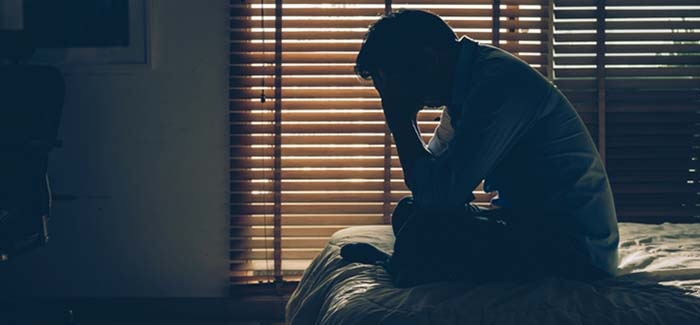'Binge drinking' has been identified as a problem at many UK universities. As a student in the UK, how can you make sure you stay safe and healthy?
The first year of university brings freedom: no parents, no teachers, no curfew, but it also brings responsibility, and for many first-year undergraduate students, the lure of alcohol is too strong to resist.
Binge drinking among university students is an all too common occurrence and as statistics show, the rate of young intoxicated persons is on the rise.
According to the Government Information Centre 'Statistics on Alcohol: England 2007' published in June 2007, there were 187,640 NHS hospital admissions among adults aged 16 and over with either a primary or secondary diagnosis specifically related to alcohol in 2005/06. This has more than doubled from 89,280 in 1995/96.
However, that may all be about to change. As the Sunday Times reported on February 17, the government is considering plans to clamp down on the excessive intake of alcohol by undergraduate students, particularly during freshers week.
Prime Minster Gordon Brown is exploring whether the Higher Education Funding Council, which distributes public money to universities and colleges for teaching and research, could use its powers to ban universities from encouraging excessive drinking on their campuses.
Some universities and student unions are already taking steps to change the emphasis placed on alcohol consumption at freshers week. University of London's Goldsmiths Students' Union has closed one of its two student bars and transformed the space into a 'non-alcoholic' art gallery and performance space. It says it is responding to demand, citing a growing number of students who are teetotal for religious reasons and mature students with families.
At Heriot-Watt University in Scotland a poster campaign, which details the exploits of 'Boozy Betty', has positively influenced student's opinions on drinking. Billed as the hard-drinking, hard-living poster girl around campus, Boozy Betty highlights the weight problems, poor grades, sexually transmitted diseases and strain on student finances often associated with excessive drinking.
The campaign generally received a positive response from students on campus and encouraged them to think and act more responsibly when it came to drinking alcohol.
Christine Johnston from the student welfare department at Heriot-Watt said they are in the process of negotiating with the National Union of Students which has plans to roll out the campaign nationwide. Plans are also in the pipeline for a similar campaign aimed at males.
But attitudes differ on the effectiveness of such a campaign. Many students consider binge drinking as part of the norm at British universities and appear to be willing participants.
Events like pub golf, bar crawls are frequently organised as a way of introduction and or initiation into university societies. In these types of event students are encouraged to consume different types of alcohol - largers, ciders, spirits and shots - in set amounts of swigs and in allotted times and record their drinks tally on a scorecard similar to those used in golf.
International students often have a different take on the undergraduate drinking culture at British universities. Most universities produce some form of guide for international and exchange students on what to expect and how to prepare themselves for the culture shock of coming to the UK.
Almost all guides include a section on British attitudes, particularly student's attitudes towards drinking and university life and usually tell students that going to the pub, even if not necessarily drinking alcohol, is a large part of British culture.
The Department of Health says students need to be responsible when it comes to consuming alcohol. Drinking moderate amounts of alcohol doesn't often cause any problems, however, drinking too much can be harmful. It advises that men should not drink more than three to four units of alcohol per day, and women should drink no more than two to three units of alcohol per day.
Tips for safe drinking
- Pace yourself; alternate alcoholic drinks with water or soft drinks
- Eat before you start drinking
- Drink in groups - don't be left on your own
- Only drink once a week
- Don't drink until you're completely drunk
- Don't accept drinks from strangers and never leave your drink unattended
- Look out for your friends and make sure they look out for you
- Ensure you have a safe way to get home after a night drinking, either a designated driver or get numbers of licensed taxis before you go out













